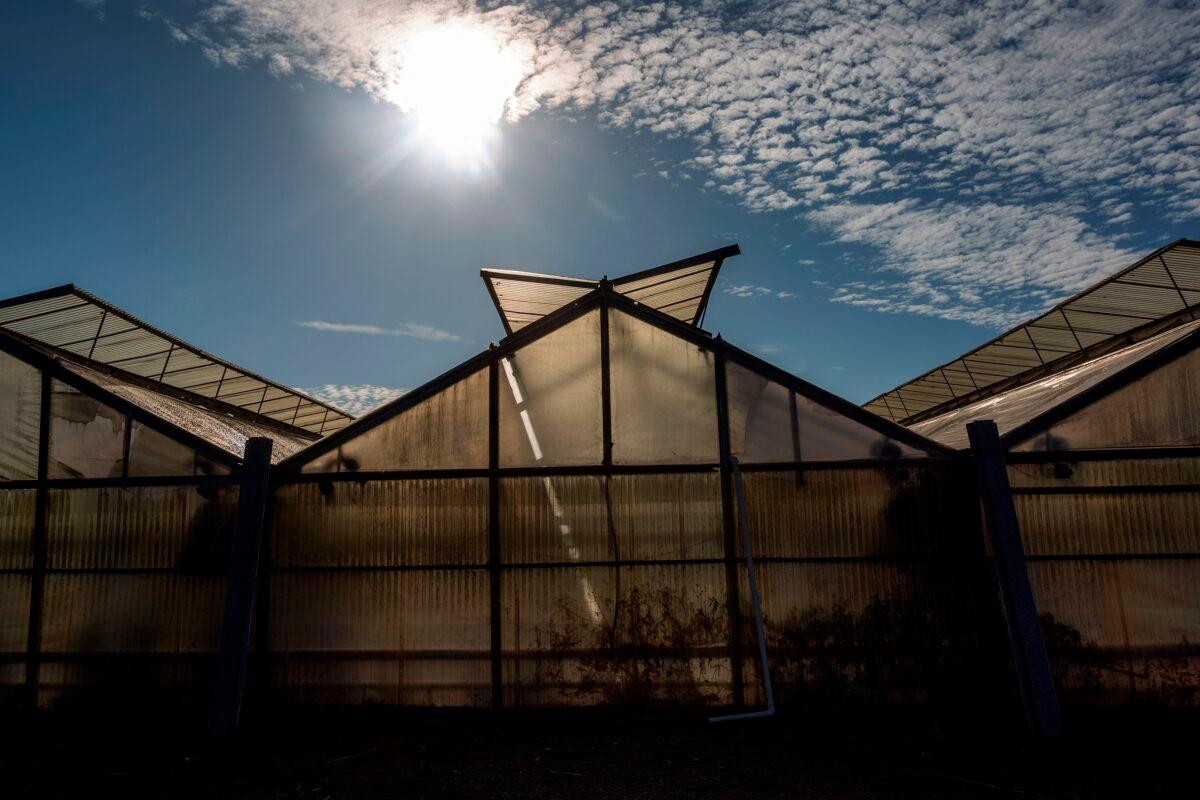California Assembly Committee to Review Proposal for Halting Cannabis Tax Increase Amidst Declining Industry
A reduction in statewide taxes follows local measures by certain cities aimed at lowering retail taxes to support struggling cannabis sales.
A California state legislative committee is preparing to review a bill on April 22 intended to decrease the state tax on its legal cannabis sector, motivated by actions taken by some cities to reduce local taxes to aid retailers in their survival.
The author of the bill, state Assemblyman Matt Haney from San Francisco, emphasized that exceedingly high taxes—up to 45 percent in certain regions of California—have stifled the emergence of the state’s nascent legal cannabis sector, allowing states like Colorado and Michigan with lower tax rates to advance more rapidly.
Introduced in March, Haney aims for the legislation to “safeguard the legal cannabis market against the escalating threat posed by the unregulated, illegal cannabis trade.”
California is poised to implement a tax increase in July, elevating the excise tax rate from 15 percent to 19 percent, representing a nearly 25 percent increase.
If passed, Haney’s proposed legislation would halt this increase and maintain the current state tax rate at 15 percent.
The proposed bill would also implement the Medicinal and Adult-Use Cannabis Regulation and Safety Act, aimed at creating a thorough regulatory structure for the lawful cultivation, distribution, transport, storage, manufacturing, processing, and sale of cannabis within the state.
California was the pioneer in legalizing medical cannabis in 1996 with the voter-approved Compassionate Use Act, while Colorado became the first state to permit recreational use in 2014.
The Golden State approved recreational marijuana usage for adults aged 21 and over in 2019, following the passage of the Adult Use of Marijuana Act by voters. However, marijuana remains illegal at the federal level.
Since legalization, California’s cannabis retailers and cultivators have faced significant challenges in competing against an expanding black market. Many attribute their difficulties to heavy regulatory burdens, extensive paperwork, and complex, varying local statutes along with state taxes.
“Nearly a decade after California voters decisively approved cannabis legalization, the industry suffers under the oppressive weight of a 15 percent excise tax,” stated Caren Woodson, president of the California Cannabis Industry Association. “Any additional increase, especially a 25 percent rise, would not only be poor public policy but catastrophic for operators already on the brink.”

People stand in line to get into MedMen, one of the two Los Angeles area pot shops that began selling marijuana for recreational use under the new California law, in West Hollywood, Calif., on Jan. 2, 2018. David McNew/Getty Images
On a statewide basis, Haney’s legislation is encountering strong resistance from a coalition comprising 98 organizations, including Youth Forward, Getting it Right from the Start, Child Action, Inc., and various other nonprofit entities.
These organizations state that they risk a loss of at least $150 million annually, which would impact childcare, youth and environmental programs.
“This would lead to thousands of fewer childcare spaces for low-income children, diminished youth access to substance abuse prevention initiatives, continued environmental degradation in our watersheds, and other detrimental effects,” the organizations warned the state, as noted in a legislative analysis.
Indigenous Justice, a nonprofit organization serving tribal communities, has also voiced opposition to the bill.
“A repeal of the excise tax increase would compromise these pledges and remove crucial funding for Tribal-centered grants that support cultural revival, land restoration, youth substance use prevention, access to sacred sites, and Tribal youth leadership development,” Indigenous Justice stated concerning the proposed legislation, according to the legislative analysis.
The state allocates these funds to youth services, environmental initiatives, and law enforcement. The analyst’s office estimates that $203 million will support the Department of Social Services’ childcare program, $12 million will go to the Department of Public Health, $54 million is earmarked for the Department of Health Care Services, and $13 million will fund programs under the Natural Resources Agency.
According to forecasts, the Department of Fish and Wildlife is expected to receive $57 million, the Department of Parks and Recreation may get $38 million, the California Highway Patrol could receive around $50 million, and the Board of State and Community Corrections might receive $44 million.

Marijuana greenhouses across the street from Rincon High School in the small seaside community of Carpinteria near Santa Barbara, Calif., on Aug. 6, 2019. David McNew/AFP via Getty Images
In the meantime, desert cities in Southern California, where the cannabis industry has flourished, are proactively addressing tax challenges.
On April 15, Desert Hot Springs, a focal point for cannabis production located only 10 miles from Palm Springs, approved a reduction in its marijuana retail tax from 10 percent to 5 percent.
This reduction aligns with similar measures enacted by neighboring desert cities, including Palm Desert and Cathedral City.
The city council unanimously approved the ordinance on its first reading and will discuss final approval following a second reading on May 6.





